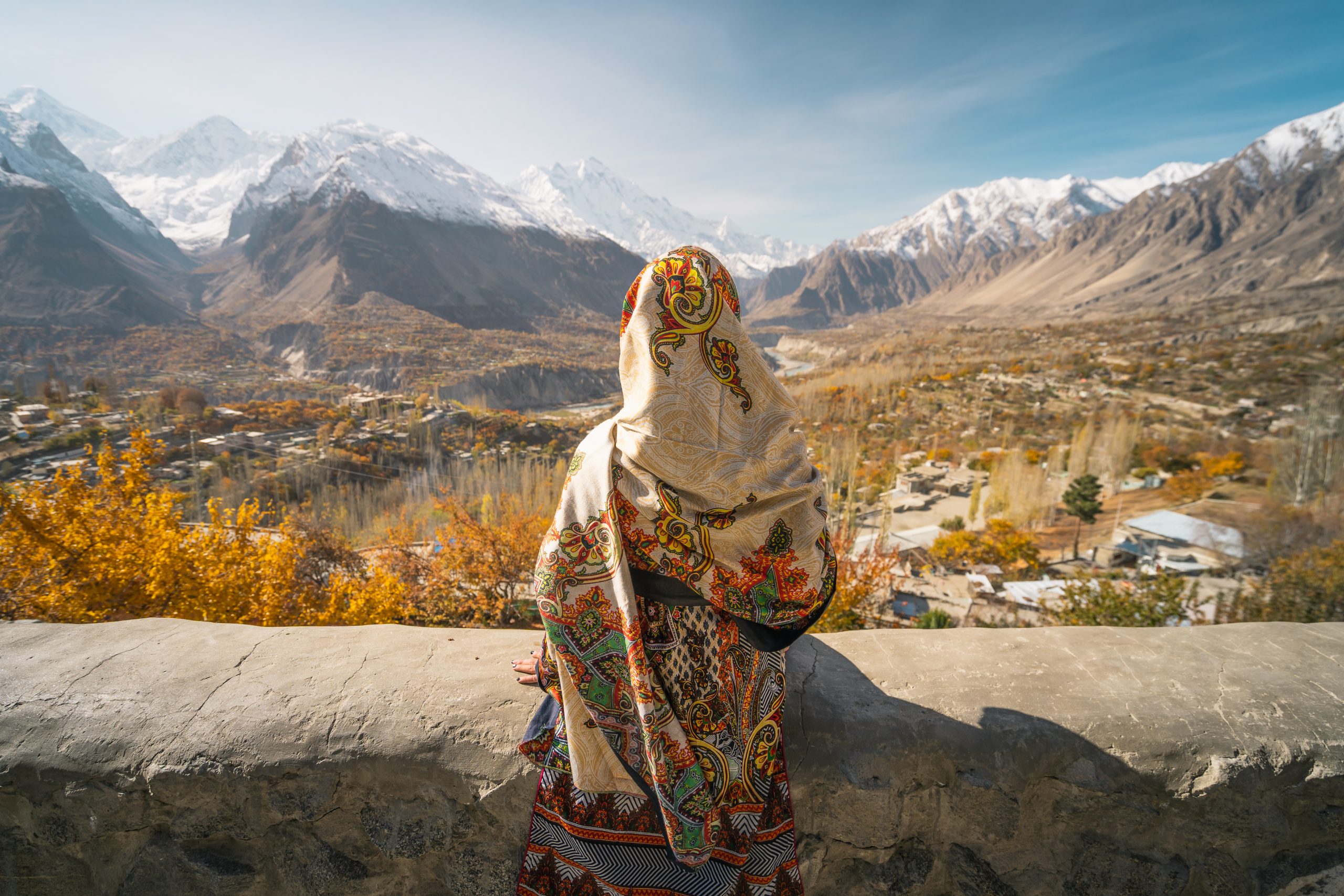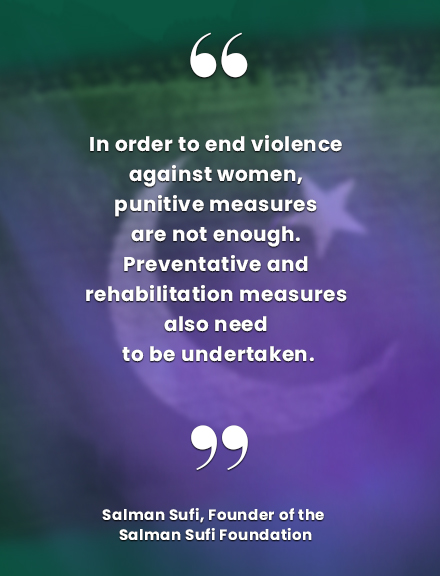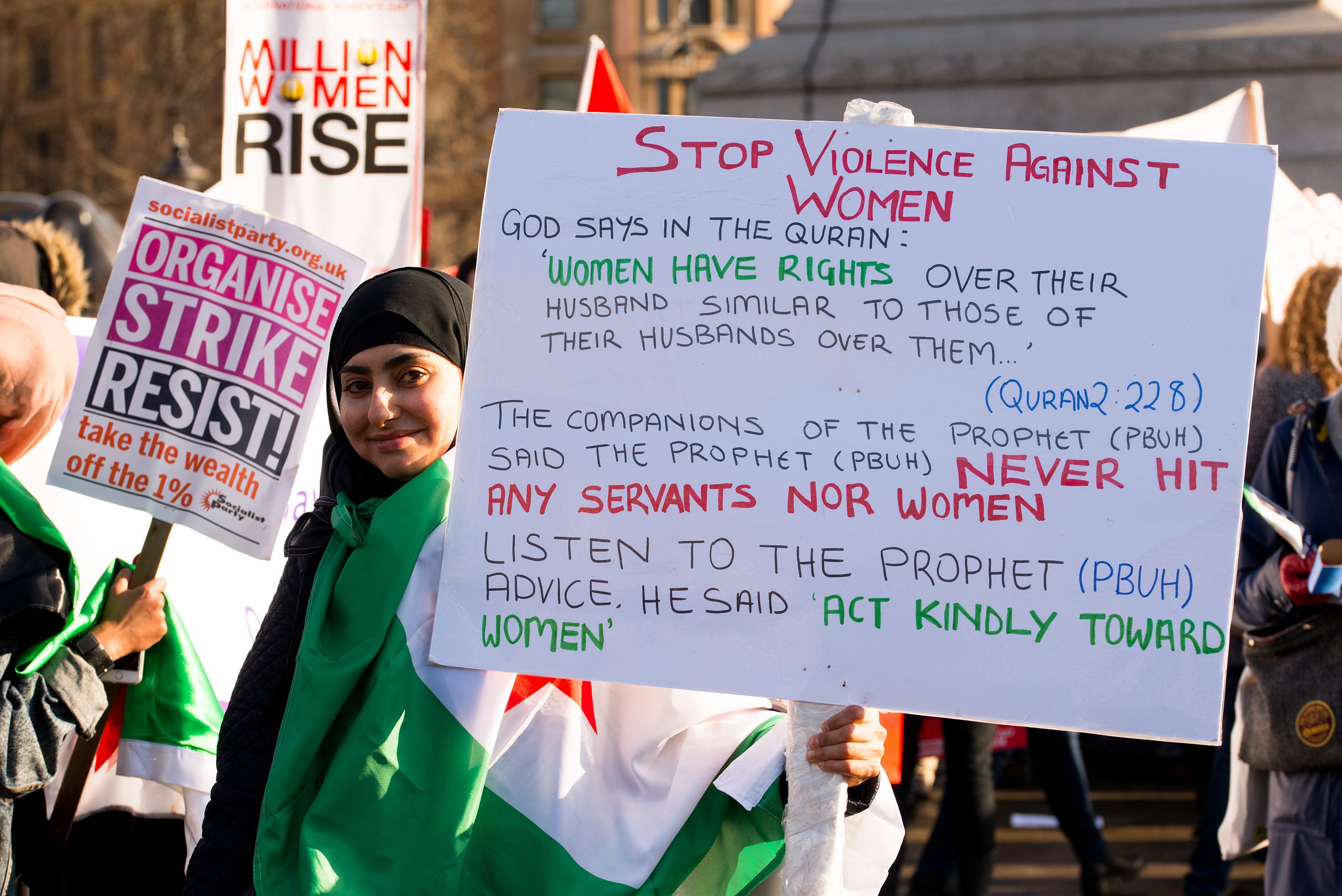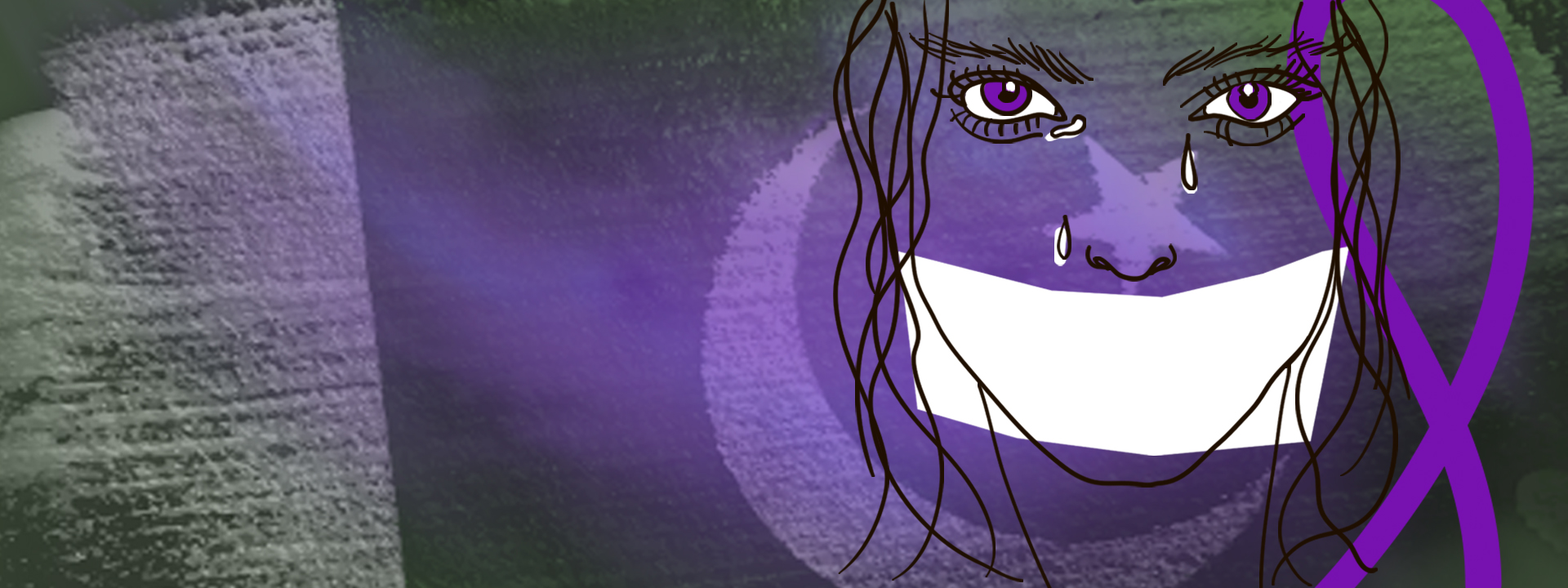In the last handful of years, Pakistan ranked nearly dead last in the World Economic Forum’s Global Gender Gap Index Report, which assesses gender parity based on four broad themes: economic participation and opportunity, educational attainment, health and survival, and political empowerment.
From 2013 to 2018, Pakistan ranked second-worst in the world, only outranking Yemen. It was only in 2006, when the Report was first published, that Pakistan had a better standing. It was fourth-worst in the world then, better than just three other countries.
This shouldn’t come as a surprise, really, given how nearly impossible it is to exact justice for gender-based violence in the country. From 2011 to 2017, there were over 51,241 cases of violence against women, according to media reports. Of these, just over a thousand ended in convictions. After all, of Pakistan’s four provinces, only one has criminalized domestic violence—Sindh, not even the country’s most populous province.
But it’s likely that statistics have barely scratched the surface yet. The country’s limiting patriarchal norms in society have led to the existence of numerous unreported and often barely understood complicated cases of gender-based violence and abuse that many women are forced to endure both inside and outside their homes.
By the end of 2019, things were starting to look up, even if just very slightly. Pakistan managed to inch its way up the list, nudging past one other country. Parity was still light-years away, but at least on paper, third-worst was better than second-worst.
But just weeks later, after the COVID-19 pandemic would grind entire cities to a halt and trap millions upon millions of people inside their homes, Pakistanis would see what meager progress they’ve achieved crumble.

Wearing traditional clothing, a woman sits on a wall and looks over the Hunza valley, in Pakistan. For almost a decade, the country has performed abysmally in terms of gender parity and women’s rights, and the COVID-19 pandemic has only made things worse.
Down to the wire
“I used to get 2–3 cases a week before the pandemic,” begins Asma Qadri, a human rights lawyer in Pakistan. But under lockdown, domestic violence has seen a terrible upswell. “Now I get 1–2 cases every day.”
With the mobility restrictions due to quarantine, women have become trapped at home with their abusers, and their routes of escape have become severely limited. The economic downturn also left the job market barren, making it nearly impossible to finance the escape of victims of domestic violence, many of whom were already economically dependent on their abusers in the first place. Having no other recourse, many of the victims are forced to reach out through the wires.
Jannat Fazal is a program manager at the Digital Rights Foundation, and she heads its Cyber Harassment Helpline. Though the helpline technically doesn’t act on domestic violence distress calls, she says they get a lot of those nonetheless. And while she admits that the telephone service can’t do much for the victims, she also knows that she can’t just turn them away.
“Despite the fact that domestic violence doesn’t fall under the ambit of the helpline directly, we still get a lot of calls from domestic violence victims looking for help,” she says. “While we don’t have the resources to help them directly, we do guide them through the process and try to get them in touch with shelters and encourage them to file a complaint.”
Thankfully, there have been a number of efforts to make the internet a friendlier place for victims of gender-based violence. Soon after the lockdown, for example, the Salman Sufi Foundation (SSF), a non-profit organization focusing on women empowerment, quickly established online programs and networks to help survivors of domestic violence through psychological support sessions.
“[We] launched a multifaceted digital platform, called #LetsTalk, the aim of which was to create a wide network of solidarity where together we can survive this global pandemic,” says Salman Sufi, founder of the SSF.

Towards the end of the year, the Ministry of Human Rights also ran a hashtag campaign called #16DaysOfActivism, through which they disseminated official hotline numbers for victims of domestic violence, reminding them that they could register complaints through this national helpline..
Social stigma
Of course, it’s important to keep in mind the limitations of online aid. Qadri, the human rights lawyer, found that while counselling and therapy still remain a vital part of the rehabilitation process, it has become harder to convince victims to continue the process without the comfort of in-person therapy.
“A lot of victims aren’t comfortable with sharing their information over call or voice notes. It lacks a certain connection that is there in face-to-face interactions. They end up leaving legal aid midway through the process,” she says.
But more troubling is that many victims are steeped in environments where problems are better off shoved aside and ignored rather than resolved, where keeping it to oneself is the preferred method of conflict resolution.
Fazal, of the Digital Rights Foundation, recalls one particular case. “Because dedicated shelters and centers for violence against women don’t exist across the country, reporting to the police and filing an FIR (First Incident Report) is key to getting the legal process started in such cases,” she explains. “But we came across a recent case where the family knew of their daughter being sexually abused by someone in the house and refused to get the authorities involved.” Ultimately, the victim did end up refusing help.
In Pakistan, it turns out that beyond the basic logistics of getting help, beyond the shortcomings and impersonality of the internet, the true problem lies in their strong social stigma against, and skewed understanding of, domestic violence.
A holistic process
This makes it all the more important to have a holistic approach towards solving the domestic violence crisis in the country “In order to end violence against women,” Sufi says, “punitive measures are not enough. Preventative and rehabilitation measures also need to be undertaken.”
Prior to the establishment of her foundation in 2019, Sufi and her team worked to launch the pilot Violence Against Women Centre (VAWC) in Multan in 2017. The Centre is the first of its kind in the country and provides victims of domestic violence with access to all the resources they need in their journey to escape abusive situations.
These can include “first aid, police reporting and investigation, prosecution, medical examination and treatment, collection of forensic and other evidence, psychological evaluation and counseling as well as post-trauma rehabilitation,” according to Sufi.
While the COVID-19 pandemic has made rehabilitation all the more difficult, it has also perhaps made the holes in the system all the more glaringly obvious. In doing so, the scourge has pushed people to work harder than they ever have before.

At the 2016 Million Women Rise protest in London, UK, a woman holds up a sign calling for the end of violence against women. Four years later, in 2020, women in Pakistan continue to live in hostile households and a society that turns a blind eye to their plight.
Where previously, conversations around rehabilitation ended at the provision of legal aid and counselling, there is now a growing realization among non-profits and social workers that long-term rehabilitation is equally important, if not more so. As a result, there is an increasing focus on financial independence and skills development, ensuring that survivors are not forced to return to abusive situations.
Toward this end, the SSF has a program called Women on Wheels, which aims to reclaim public spaces for women’s active participation and provides motorbike training and safety workshops to allow women to travel independently.
Aside from Sufi’s SSF, there is also CIRCLE, with which Qadri is associated. This social enterprise aims to empower women through technology and entrepreneurship, primarily through Tech Karo, their headline initiative that provides women with skills such as coding and digital marketing. CIRCLE also ran She Loves Tech, a competition that empowers women, allowing even those who had not had access to education find ways in which to support themselves.
All of these projects are equally a part of the rehabilitation process that aims to create a much safer society with stronger barriers against gender-based violence. The recognition perhaps that the road to rehabilitation isn’t linear may just be the most important of them all. ●
Anmol Irfan is a Pakistani journalist, feminist and founder of Perspective Magazine, an online Pakistani community platform. She hopes to champion for gender equality and minority rights through her work. She tweets @anmolirfan22.

















